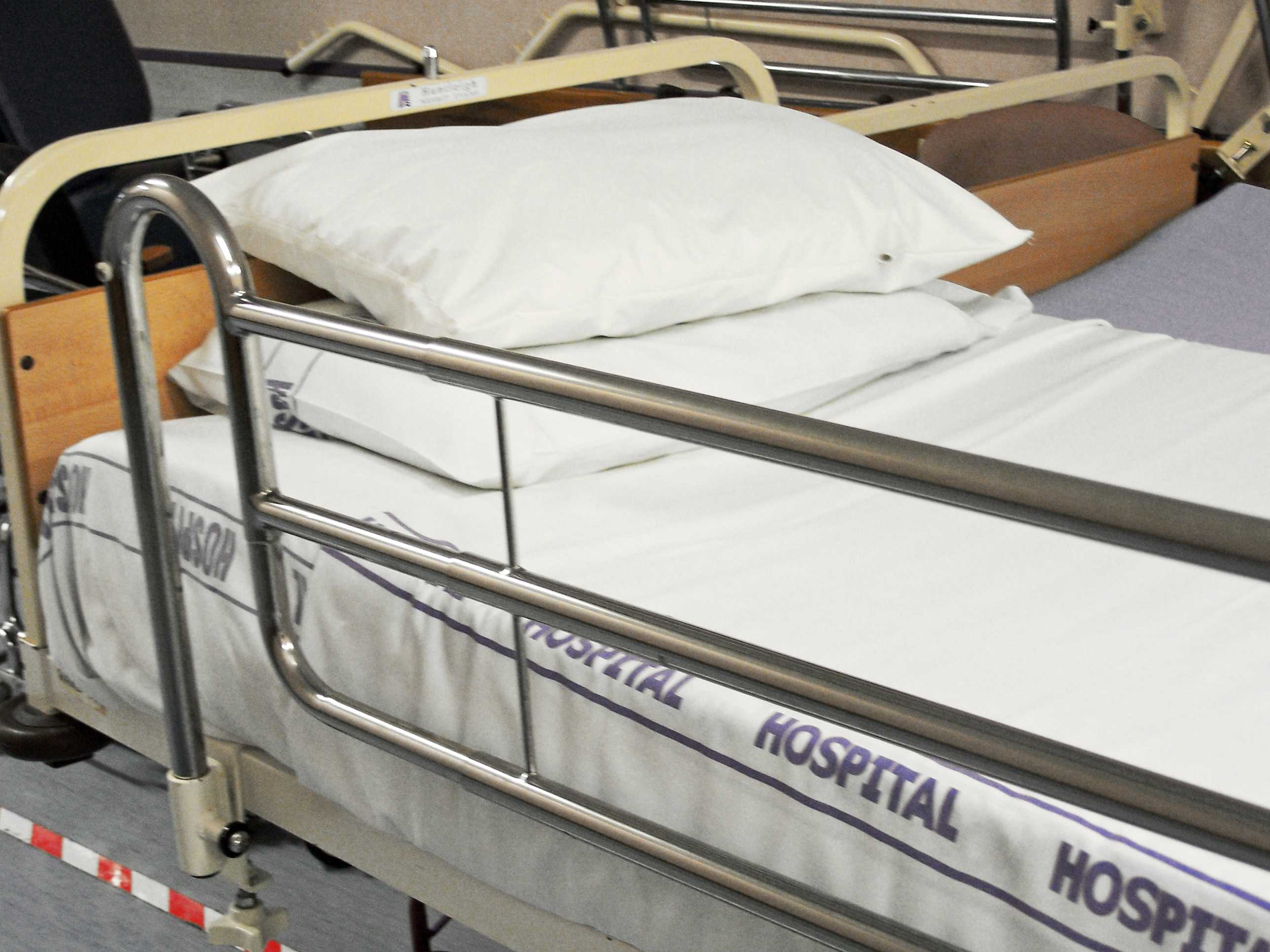By Alexa Faria
Staff Writer
Surgery tests both your mental and physical resilience, and it is important to be prepared mentally and physically before a surgical procedure. The mental preparation is just as important as the physical rehab after the surgery takes place.
At some point in a person’s life they may have to confront the challenge of having surgery. This is a pivotal time and may be accompanied by feelings of anxiety and, in some cases, depression.
Although not all surgeries are fatal, they can be a really emotional for a person. Cases can range from small scope surgeries to intense heart surgeries. During these procedures, individuals may experience several different emotions.
Feelings of anxiety can emerge from an athlete fearing they will not be able to play their sport again, or from a person who is having a surgery which may result in death.
Surgeons have many years of training and experience, but this person has your life in their hands. Accepting that your future is in someone else’s hands is an extremely difficult task.
Then there is the more predominant fear individuals have, the ultimate question: whether or not the surgery will be successful.
The period before surgery is scary in a different way because not only are you thinking about the physical surgery, but you are also thinking about the future.
The mental state of these patients is not always the most positive, because it is reflected highly on anticipation of the failure or the pain that the surgery will inflict. In order to try to get a handle on these negative thoughts, there are several pieces of advice that will hopefully lessen the anxiety to some extent.
One important part of alleviating this anxiety is to get information and become knowledgeable about your situation.
The more you know about your situation, the better and more in control you will feel.
Another component that will give you a feeling of security is your relationship with your doctor. It is crucial that you trust your doctor and have full confidence in them.
Having this relationship with your doctor will allow you to feel more comfortable asking them questions, which can give you some sense of comfort.
Another component of having surgery would be acceptance. It is important to accept and talk about the feelings you are having because they are expected. It is normal to feel anxiety and it is normal to experience some extent of depression afterwards.
If a particular injury requires surgery, it is important to focus on the rehabilitation and recovery in order to ensure that you are able to return either to daily activities or to athletic competition as efficiently and quickly as possible.
Sometimes an individual has an injury that the body cannot repair on its own. This usually involves a torn ligament, badly broken bone that needs to be reset, internal organ issues, or dental work. The surgery is only half the battle.
Once the anesthesia wears off, the second half of the battle begins—recovery. An intrinsic part of the beginning stages of recovery is pain control. Any movement of the area that underwent surgery can cause pain to the individual.
Pain control is usually accomplished with the use of prescription painkillers. Due to the high addiction level of these drugs and the high incidence of accidental overdose, it is essential to take them only when needed and to stop use once the pain becomes manageable.
Incision care is also very important after surgery. Depending on the type of surgery performed, the bandage may either be changed or kept on until it falls off naturally. This depends on the type of incision, so it is important to follow guidelines for proper care.
Although hospitals are sterile, infections do sometimes occur, so it is important to be aware of the state of the incision.
Infections can cause redness or inflamation and can often be painful. Furthermore, it is important to be aware since infections can cause major health problems and are unsafe to the individual. Although post-surgery, people are often extremely exhausted, it is crucial to monitor the physical condition of the incision.
After anesthesia, it is very common for patients to experience constipation and difficulty urinating.
In order to curb this side effect, eating high fiber foods such as grapes, avocados, and other fruits, as well as drinking clear liquids such as water, is highly suggested.
Being physically and mentally prepared for what surgery entails is important.


























